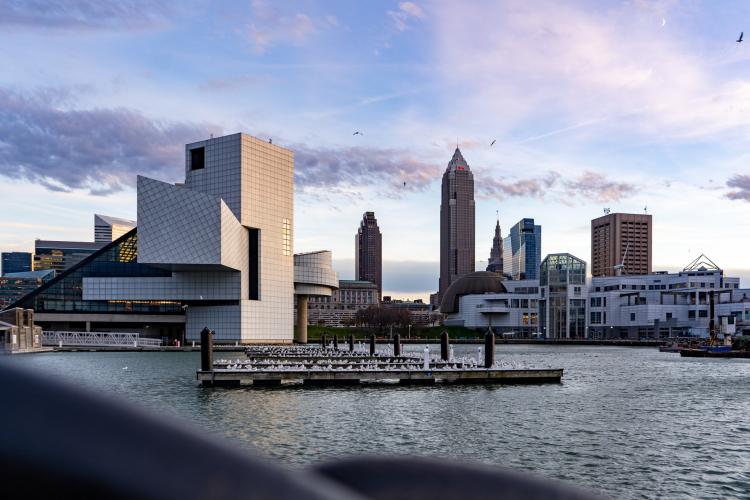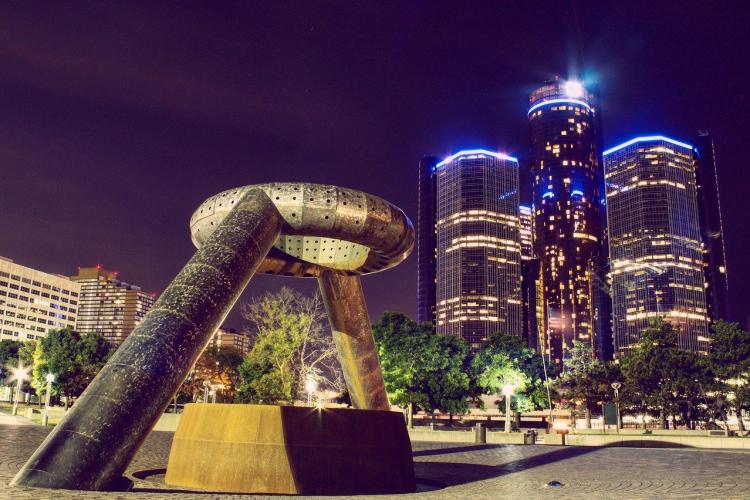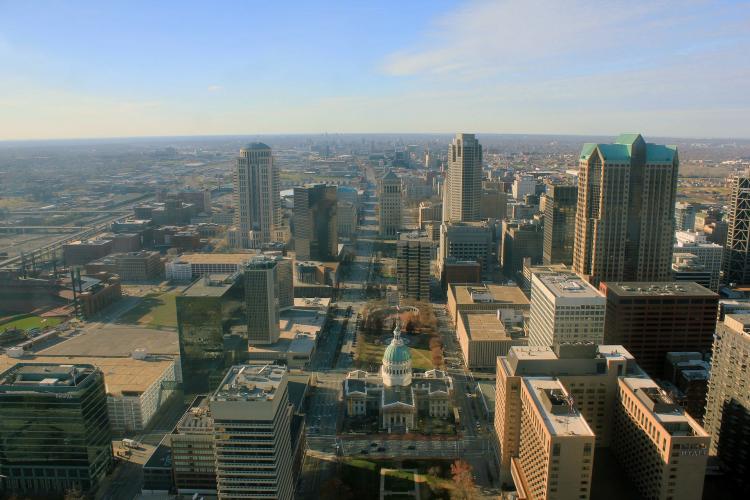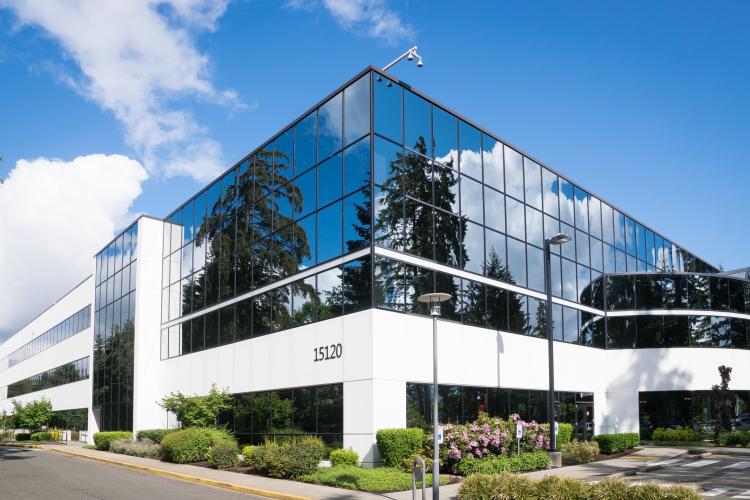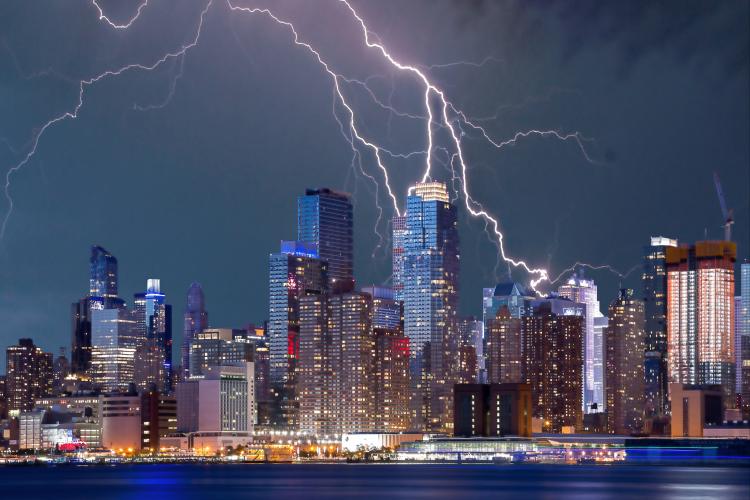Codes
The City of Cleveland’s Progress Towards Energy Efficiency and Green Building
Midwest Cities at the Forefront of Building Performance Standards
The Midwest is leading the way in efforts to advance Building Performance Standards. With the launch of the Biden-Harris Administration’s new Building Performance Standards Coalition, eight of the 33 state and local governments that signed on to make buildings healthier, more efficient and more affordable hail from our region.
Creation of Stretch Code Becomes Law in Illinois
On September 15 the Illinois Climate and Equitable Jobs Act (CEJA) was signed into law. The bill contains many energy efficiency components that will impact and improve the lives of citizens and workers in Illinois, including a provision to create a state stretch energy code.
Energy Benchmarking Heats Up in the Midwest
Summer is just getting into full swing, and across the country some communities are already roasting. Perhaps uncoincidentally, the process to adopt energy benchmarking policies is also heating up. Because buildings contribute to a large portion of greenhouse gas emissions, benchmarking policies are often part of city and state energy and climate plans. By tracking reliable and consistent energy consumption data, these policies can enable better decision-making around building energy use and reduce greenhouse gas emissions that contribute to climate change.
Conference Recap: 11th Annual Midwest Building Energy Codes Conference
Last month, MEEA hosted the 11th annual Midwest Building Energy Codes Conference. This year’s conference was held virtually October 20-22, and while the event felt a little different than previous years, participants new and old still relished insightful sessions and discussions from our top-tier speakers and attendees.
Day 1
The conference kicked off with welcoming remarks from MEEA’s Building Program Director, Chris Burgess. MEEA shared insights into the impact of the COVID-19 pandemic on our region, including how it has influenced policymaking efforts, code effective dates and energy efficiency jobs in the region.
New MEEA Study Quantifies Societal Health Benefits Associated with Updated Energy Codes
How our buildings are constructed determines indoor environmental quality, which can significantly influence our health. The energy code regulates the components and systems that affect the interior environment: for example, it specifies that buildings have tight thermal envelopes to reduce the infiltration of pollutants and appropriate mechanical ventilation to bring fresh air into the home, ensuring healthier indoor air quality.
St. Louis the First Midwest City to Pass Building Energy Performance Standard
Buildings are the Biggest Energy Users. A Minnesota Town is Doing Something About It
Big cities aren’t the only ones making sustainable communities a priority.
On June 4, 2019, the Edina, MN City Council approved the Efficient Building Benchmarking Ordinance encouraging building owners to track and reduce their energy use. The initiative requires owners of existing commercial and multifamily buildings over 25,000 square feet to benchmark their building's energy d ata. Edina is now the second city in Minnesota (after nearby Minneapolis) to require benchmarking.
Want Buildings that Stand Up to Extreme Weather? Stronger Energy Codes Can Help
According to the Weather Channel, the Plains and Midwest states have had the most extreme and record-breaking weather of any region in 2019. From the polar vortex gripping the Midwest and setting at least 340 cold weather records in late January, to the deluge of snow in February, capped off by devastating flooding in March and two snowstorms in April, Midwesterners and the Midwest have had everything but the kitchen sink thrown at them!

